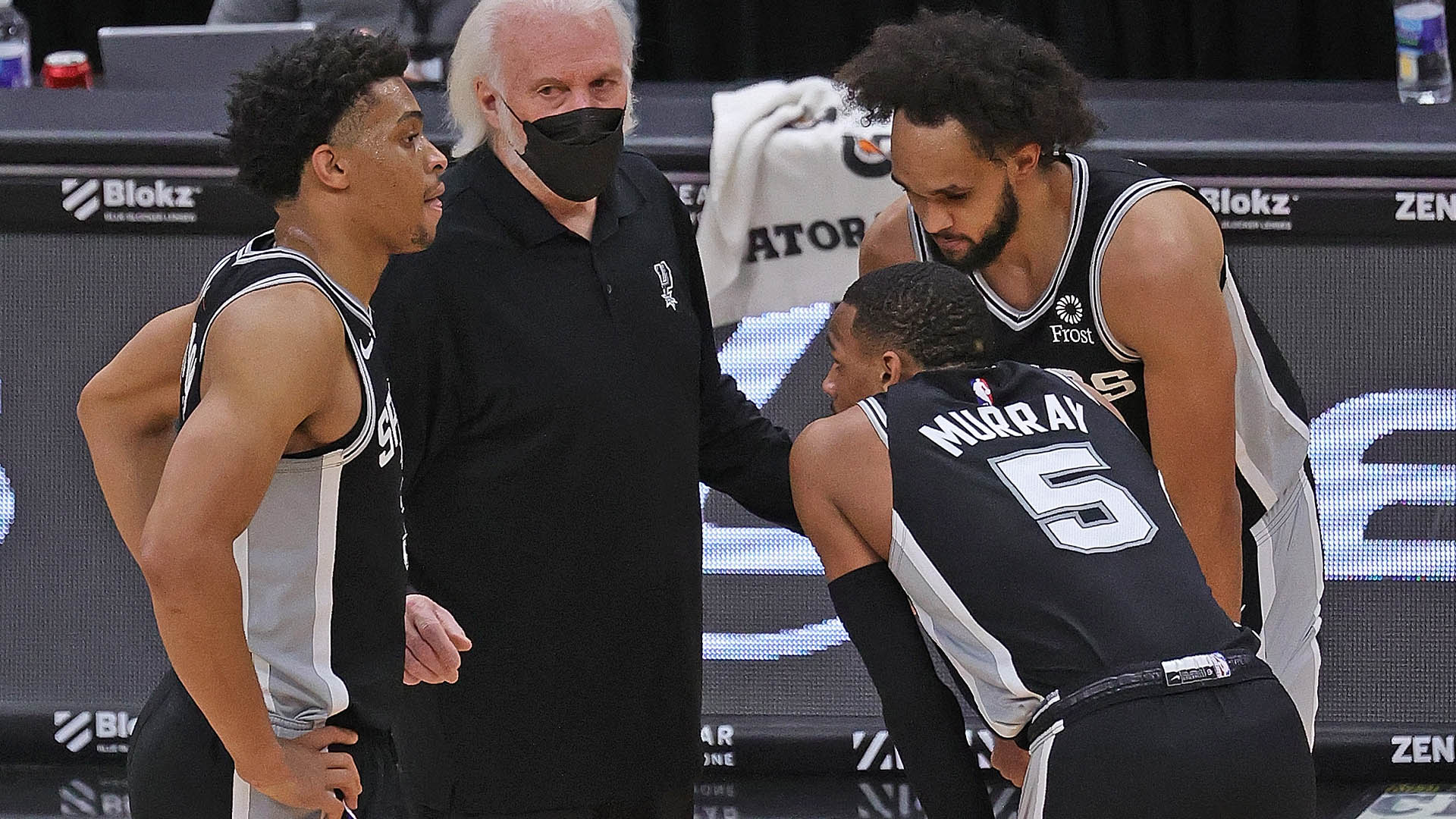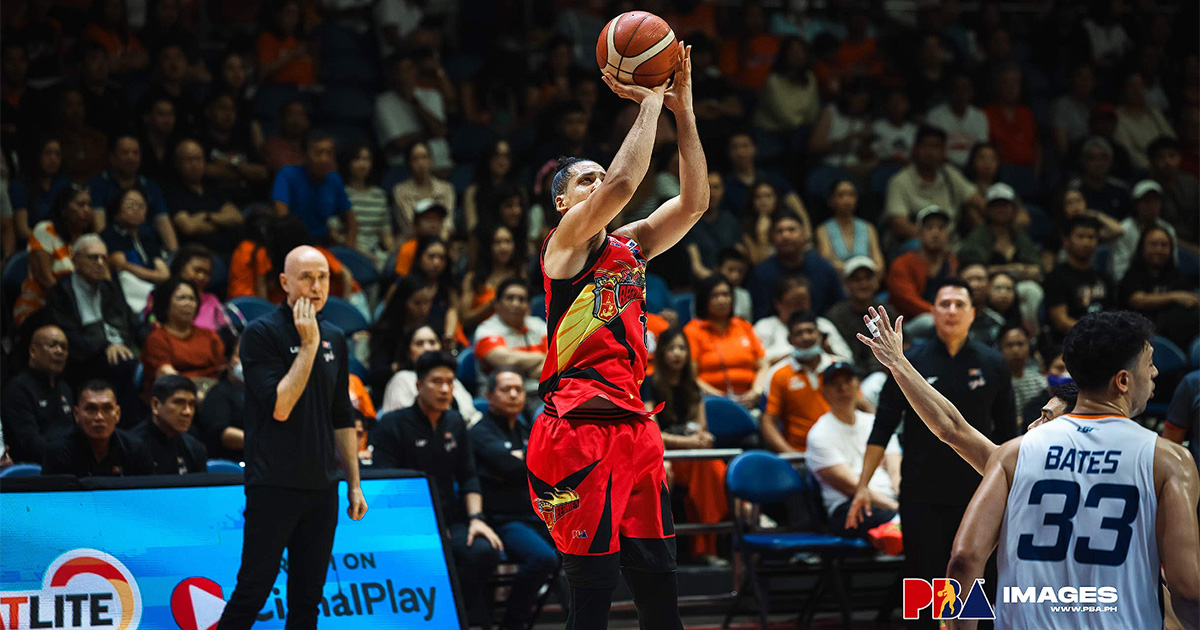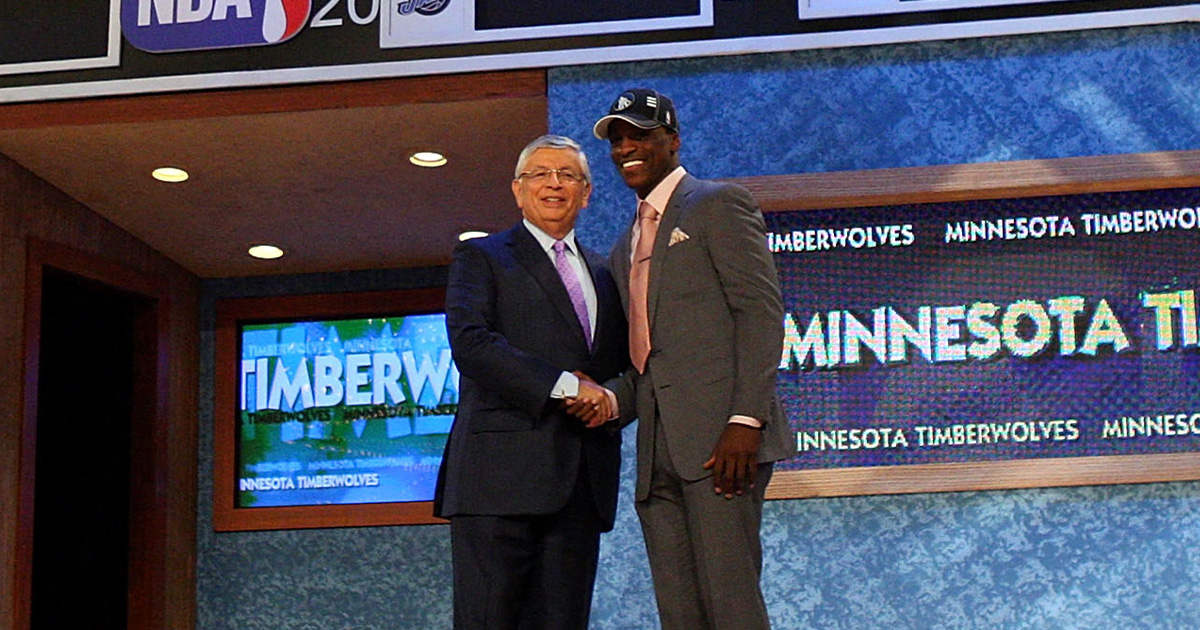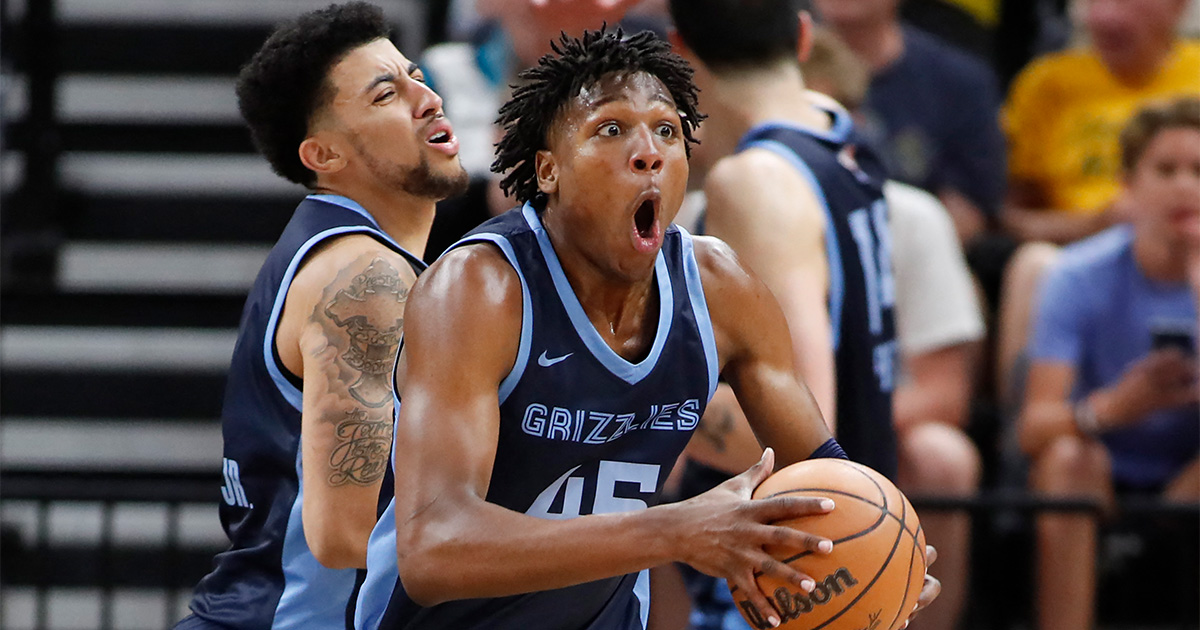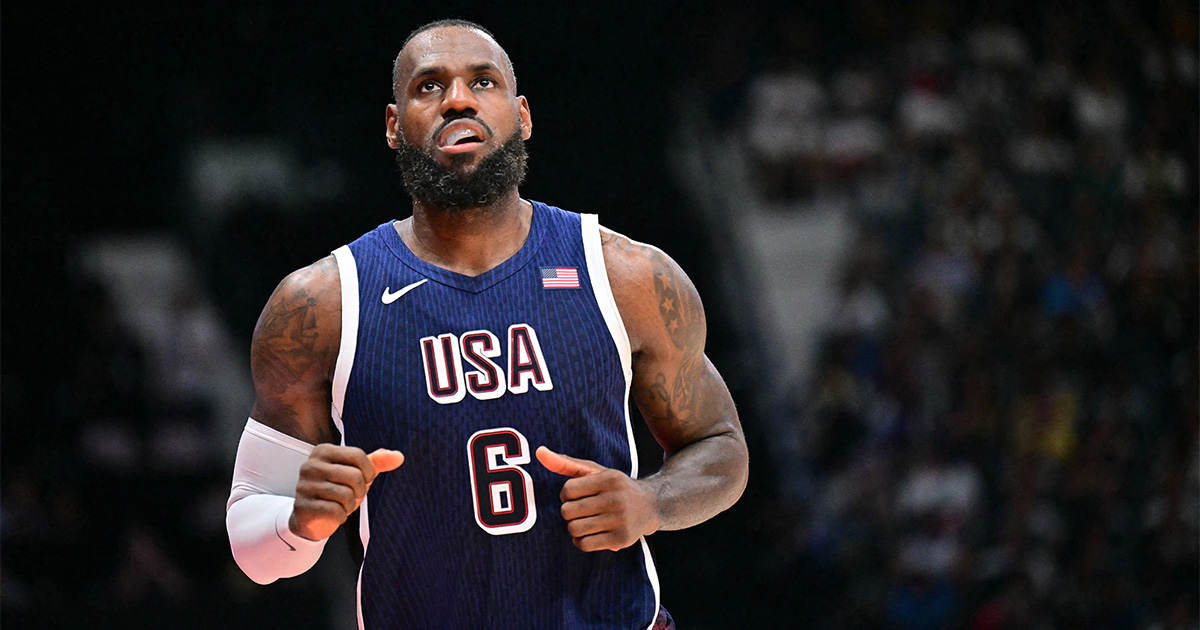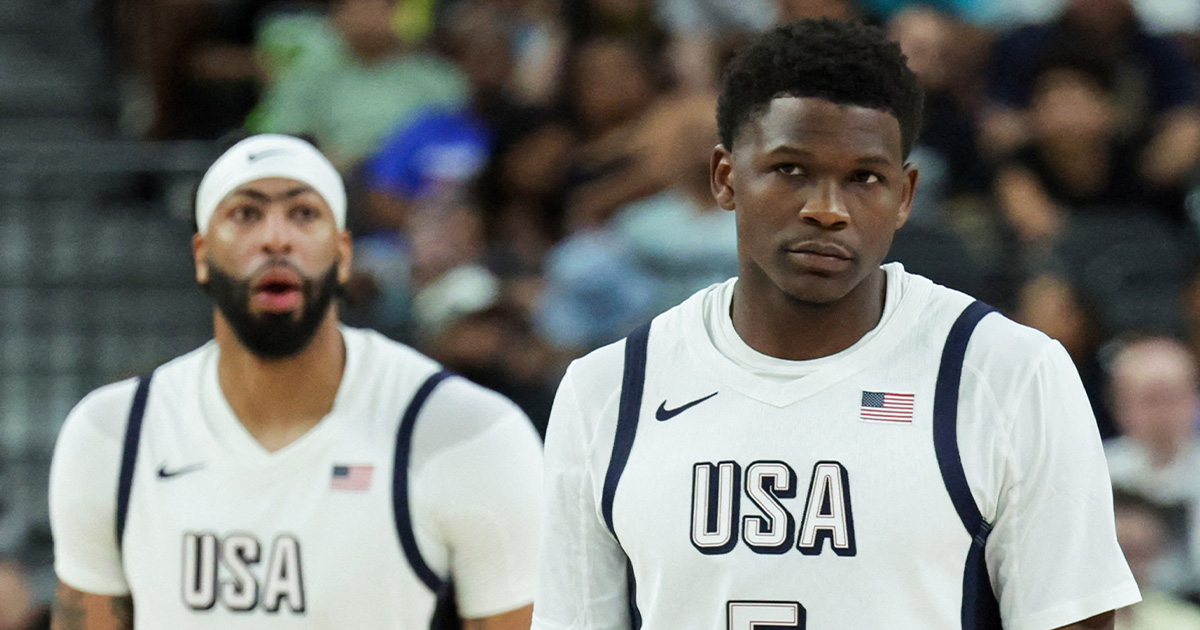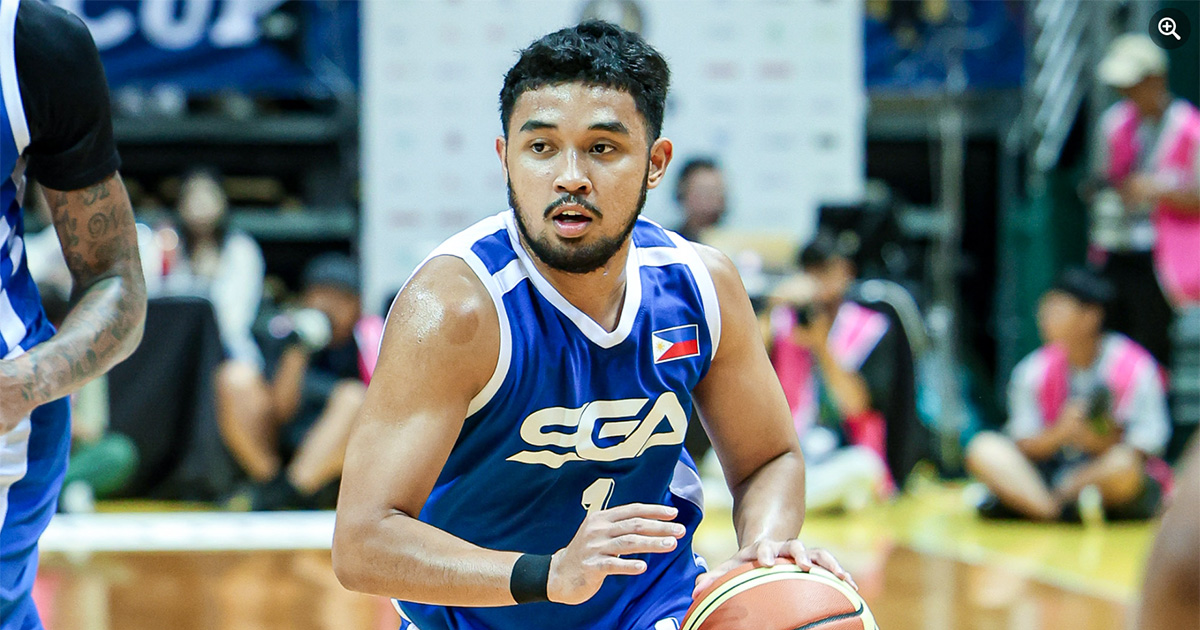Earlier this week, Spurs fans celebrated 9/20/21 as the ‘Big Three Day,’ a rare phenomenon in Spurs lore when the jersey numbers of Tony Parker, Manu Ginobili, and Tim Duncan align on the same date. It’s a nostalgic throwback to the franchise’s zenith that saw the legendary trio win four championships and set wins records by a trio in both the regular season (575) and playoffs (126).
It’s nice to relive the glory days, but the key dates that have defined the Spurs’ present and immediate future are 5/12/2016 and 5/14/2017. The first is Tim Duncan’s final NBA game, which marked the end of one of the most successful single-franchise runs in professional sports. The second is the ‘Zaza Game,’ when the Warriors’ Zaza Pachulia recklessly closed out on Kawhi Leonard in the 3rd quarter of the WCF opener. That single play triggered a domino effect: the injury, the drama, Uncle Dennis, and, eventually, the trade. In barely a year, the Spurs lost their greatest player and his successor, and they haven’t been the same since. Their streak of 18 straight 50-win seasons was snapped in 2018. Their run of 22 consecutive playoff appearances ended in 2020.

The Kawhi divorce hit the franchise particularly hard and left the front office in denial. What they received from Toronto in the Leonard trade (DeMar Derozan, Jakob Poeltl, and just a single first-rounder—a protected one!) pales in comparison to what New Orleans got for Anthony Davis and what the Thunder got for Paul George. They made questionable moves (the Marcus Morris signing, the Davis Bertans trade) and have not been sharp in the draft (going for need instead of talent in 2020 by taking Devin Vassell ahead of Tyrese Haliburton, Saddiq Bey, Cole Anthony, and Immanuel Quickley, then winning the Bruno Caboclo Award with their Joshua Primo pick last July). Even how they handled LaMarcus Aldridge’s exit was very un-Spurs-like.
But after spending several years in the NBA’s no man’s land—not good enough to contend but not bad enough to score a high lottery pick—it finally looks like the NBA’s model franchise has corrected course. They finally moved on from veterans DeRozan, Rudy Gay, and Patty Mills. Their best off-season acquisitions were Doug McDermott (career-best 13.6 points), Zach Collins (missed the entire of last season due to injury), and Bryn Forbes (progressively shot worse as the Bucks went deeper in the playoffs). The DeRozan sign-and-trade netted them two expiring contracts (Thaddeus Young and Al-Farouq Aminu), a future first-round pick, and a pair of future second-rounders.
The moves are obviously intended to give more playing time to their young core. Except for Derrick White (27), last year’s holdovers Poeltl (25), Dejounte Murray (25), Lonnie Walker IV (22), Keldon Johnson (21), Luka Samanic (21), and Vassell (21) are yet to hit their prime. Here are FiveThirtyEight’s player projections for the 25-and-under guys: Poeltl – borderline all-star; Murray – good starter; Walker – project; Johnson – project; Samanic – project; and Vassell – up-and-comer. Poeltl is a surprise, considering his pedestrian traditional stats (8.6 points/7.9 rebounds/1.9 assists), but the rest seem accurate.
So what do the offseason moves and player projections mean? The Spurs are finally ready to tank. “Tanking” has a negative connotation of flat-out not attempting to win—as Philly did for the first half of the last decade—and I don’t think the Spurs would be doing any of that on the court while Gregg Popovich is at the helm. Because everybody respects the Spurs, we can sugarcoat it and call it a “rebuild,” but the fact is that the front office has positioned the team not to win as many games.
None of the players they added are all-star caliber. Their young core is solid but no one projects to be the franchise’s next cornerstone, the way Duncan was and Leonard was supposed to be. No matter how Spurs fans try to convince themselves that Murray, Walker, and Johnson are future stars, the truth is that they have the potential to be as much a “star” as George Hill was. Solid starters who can be the 4th, maybe 3rd, best player in a championship team. But they’re missing the #1 and #2 guys.

Deep down, the Spurs’ brain trust must know this. As successful as they’ve been, their reputation often precedes them. They know they got lucky in the 1997 Tim Duncan Sweepstakes. They know that the rest of league has caught up in terms of international scouting after they drafted Ginobili in the second round and Parker late in the first (don’t forget that the Spurs passed on Nikola Jokic in 2014). Leonard was a combination of scouting and luck, but they know those late lottery superstars are hard to come by.
The Spurs were good, but they got lucky in the 1997 NBA draft lottery
The Spurs know the formula. They did it before in 1996. The circumstances might have been different—the Spurs’ 20-62 season had more to do with injuries than inexperience—but the goal is the same. 2022 is headlined by Chet Holmgren, Paolo Banchero, and Jaden Hardy; 2023 has Victor Wembanyama and Emoni Bates. Are any of these guys generational talents? We don’t know for sure, though none are as can’t miss as Duncan. And that’s fine. The Spurs has the blueprint for turning prospects into superstars too. They did it with Kawhi. But it’s easier to find a tier-1 prospect in the top 3 of the lottery than at 10-14.
Belated happy 9/20/21 Spurs fam! And may the odds be ever in your favor.
***
Send your mailbag questions to [email protected].

